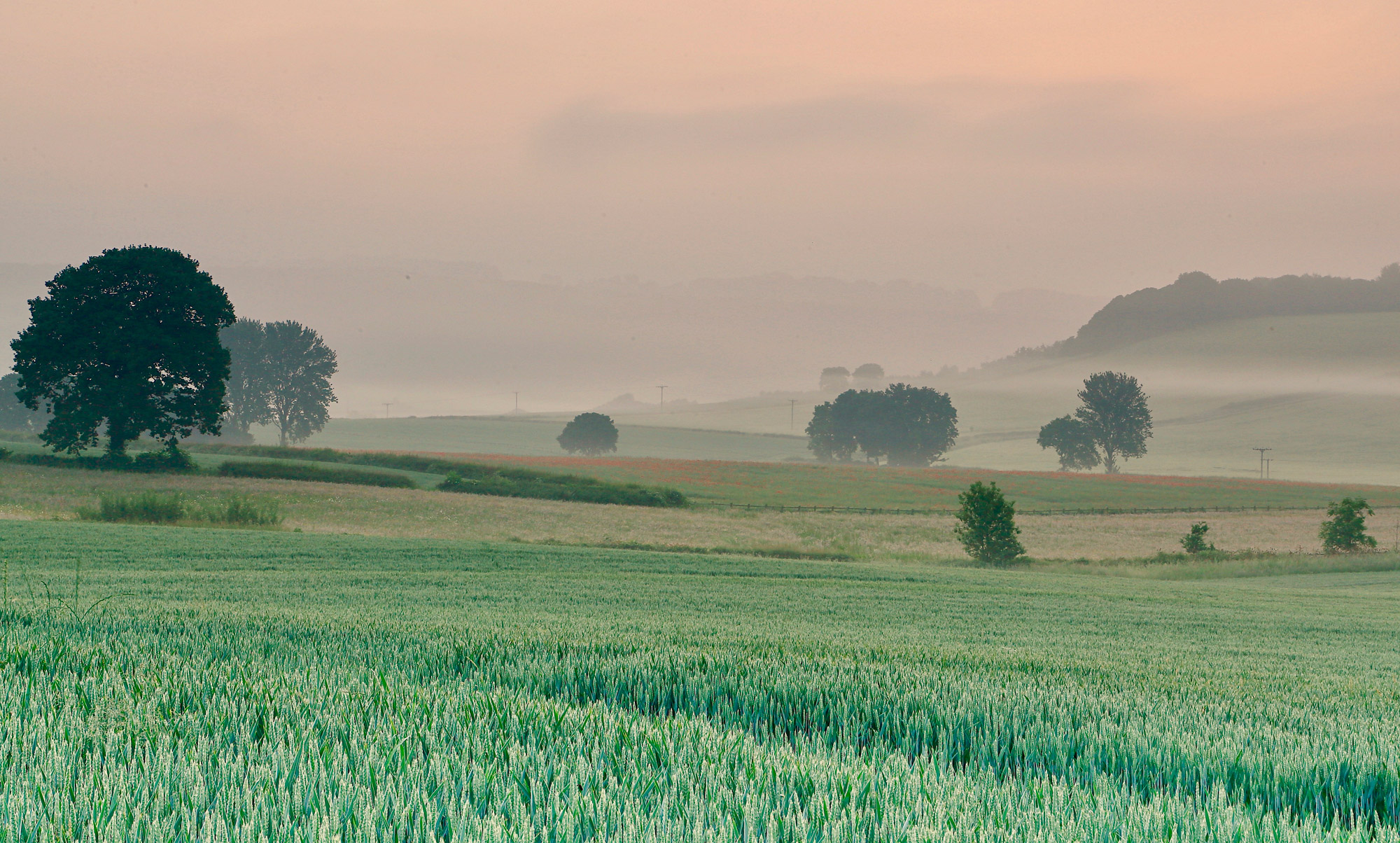
MPB Meets: Blind Landscape Photographer Chris Nowell
Published 12 May 2022 by MPB
Landscape photographer Chris Nowell, who creates stunning shots of the UK countryside, is a former soldier in the British Army. During the War in Afghanistan, Chris lost the vision in his right eye, and the peripherals in his left, and is now registered blind. As part of his rehabilitation through the charity Blind Veterans UK, Chris discovered photography and developed a profound passion for landscapes in particular. He’s since given back to the charity, hosting workshops for other blind veterans to introduce them to the medium. In this interview, Chris discusses how photography helped to improve his mental health and recover his confidence.
This Mental Health Awareness Week, we hope Chris’ story will inspire more people to try photography for themselves. Over to you, Chris.
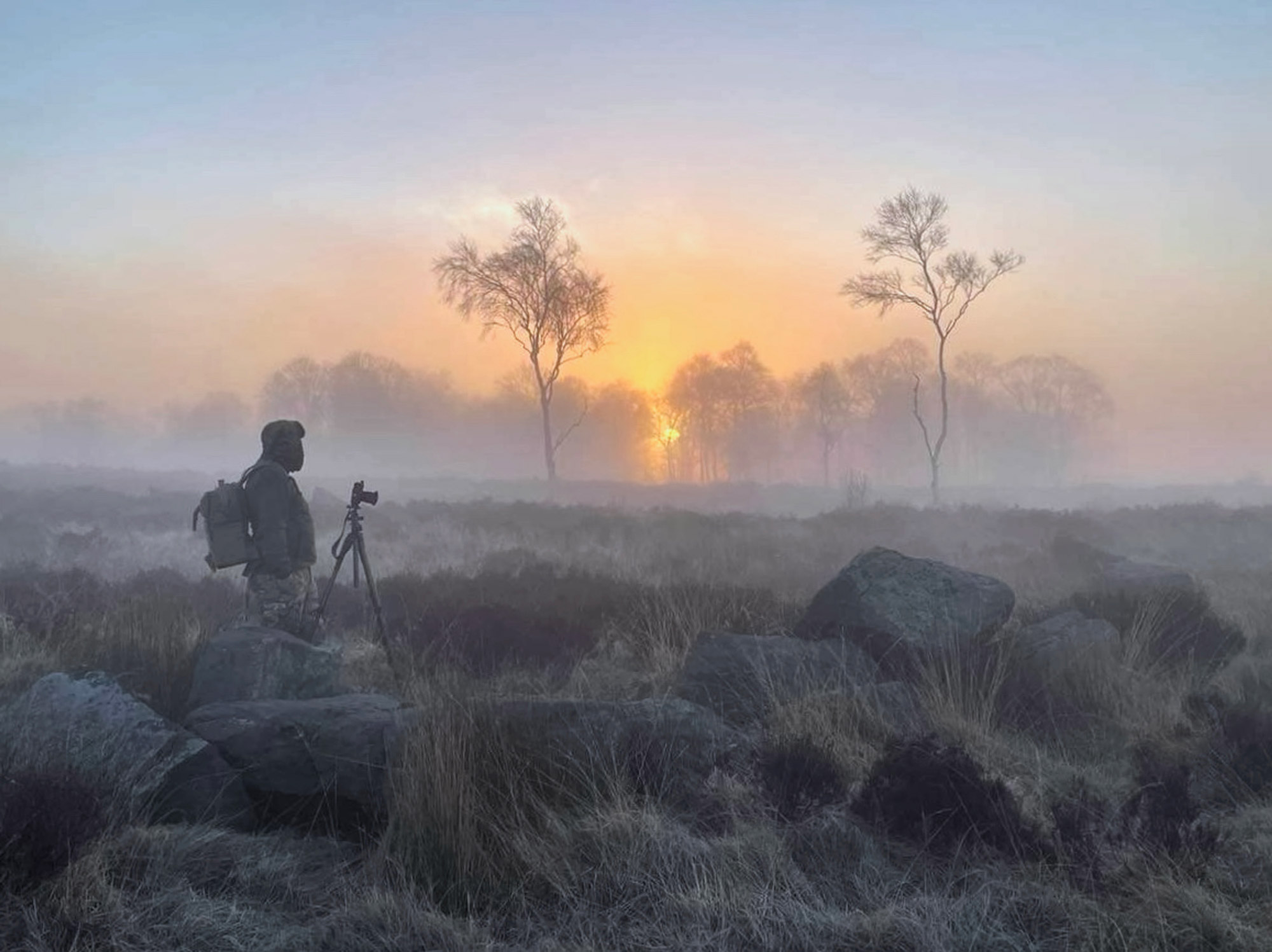
MPB: What is your creative background? How did you come to be a photographer?
CN: Creative background, I would probably say didn't exist. Although, as a kid, we've always owned the classic Kodak wind-up cameras, it was only after my injuries in Afghanistan that I became a member of Blind Veterans UK and photography was a natural progression throughout my rehabilitation.
During my rehabilitation time with Blind Veterans UK, in the Sheffield Centre, there was a member of staff called Dave Hickey, who is a landscape photographer, now based on the Isle of Skye [in Scotland]. Before Dave retired and moved, he wanted to run the charity’s first photography-themed week. I came along and enjoyed it.
In fact, I enjoyed it so much that, after Dave's retirement, I carried on as a volunteer member with two other members to run the weeks. Sadly, these photography-themed weeks have never restarted after the pandemic. However, back in the beginning, it would be me and at least one member, with a member of staff organising trips out, booking events and looking for public speakers or modelling photography events.
However, my personal photography is landscape photography. So, more specifically, down at the Llandudno Centre, I would encourage the members to at least get up one day very early and we would have a walk down to Llandudno Pier for sunrise. In the evenings, we would organise photo editing, printing or any other event the members wanted to do. And this was on a volunteer basis. Although personally, I prefer landscape photography, giving back to an organisation that helped me was fantastic.
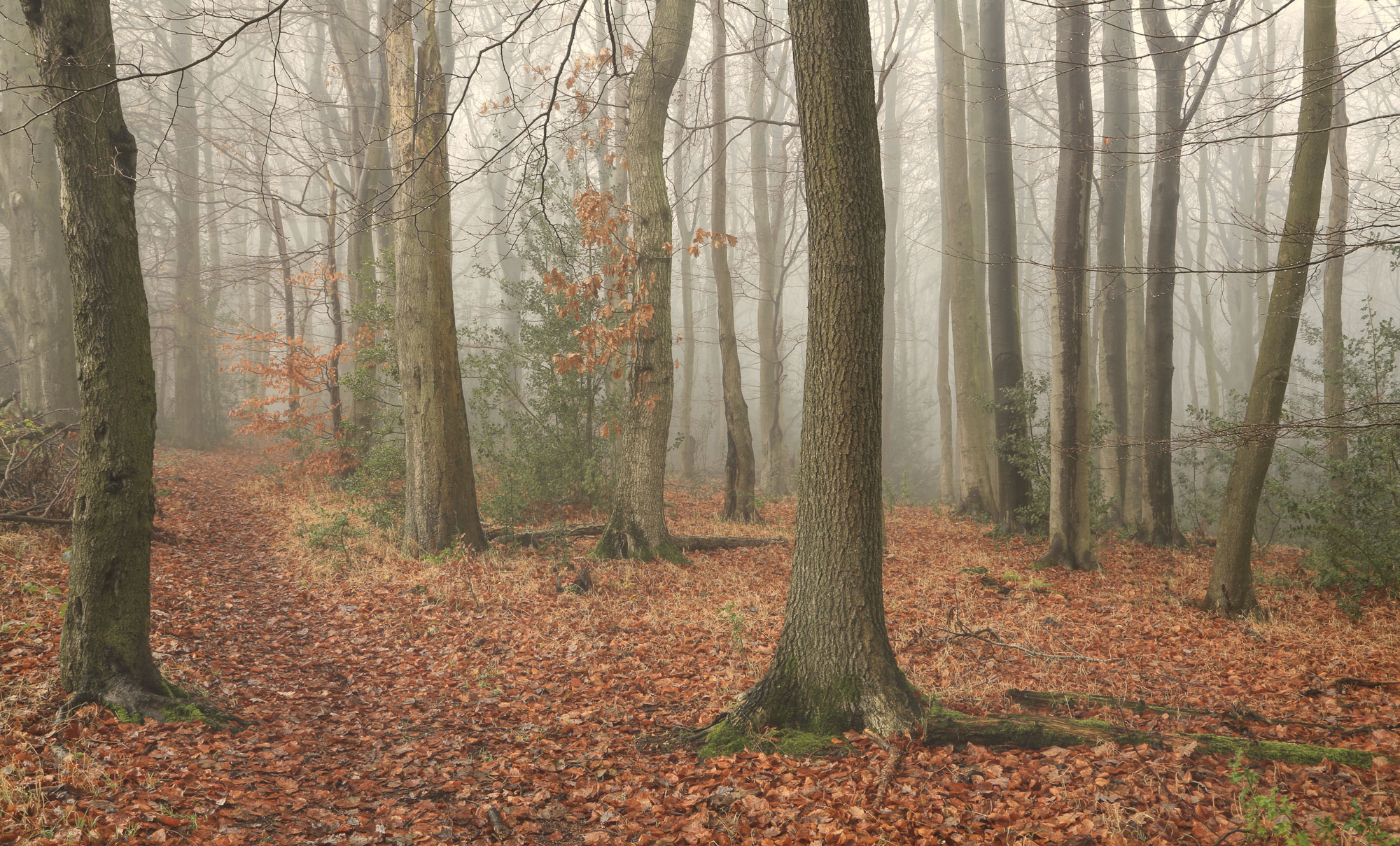
MPB: Could you tell us more about how photography helped your mental and physical health? How important has it been?
CN: Well, in the beginning, I was reluctant to leave the house. My confidence had been taken away from me and I had zero motivation. At the same time, I was suffering from a level of depression due to the loss of my career and sight loss. After all, my army career was taken away from me and I was then put into a new lifestyle. But the help from the charity and landscape photography more specifically pushed me to get out of the house.
Learning new skills and researching new locations became a push to get out of the house. It was not something I expected always looking for, but it continues to be a way of life through my landscape photography. I don't classify myself as a professional photographer. I am a landscape photographer and landscape photography is my personal rehabilitation. Plus, at the same time, it's very good for people to get out, go for a walk, enjoy the fresh air and have the sun or cold on their faces. And just have these new experiences through landscape photography. Documenting these memories through landscape photography gives you the joy of looking back on your memories.
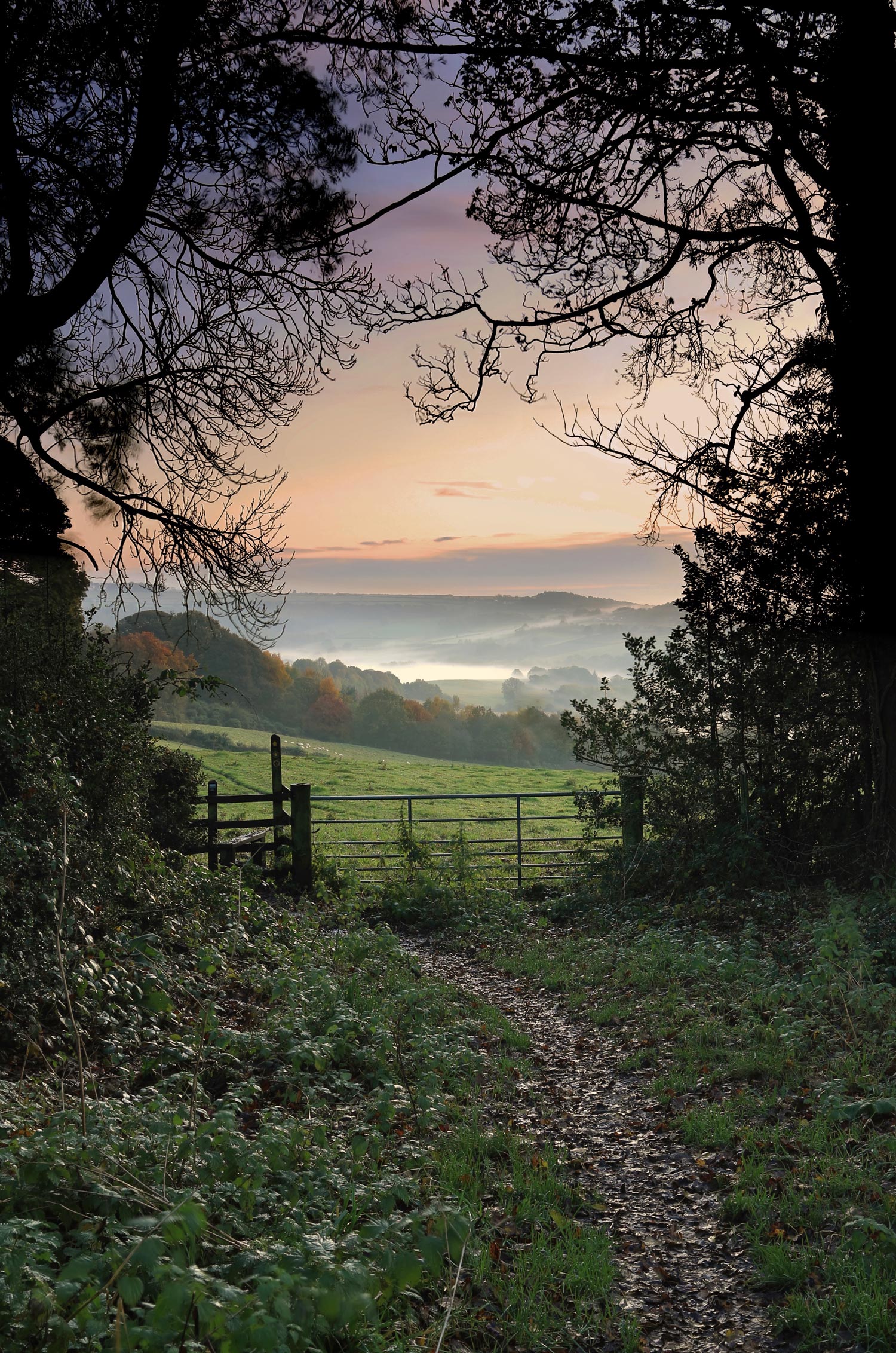
MPB: What advice would you give to people thinking about taking up photography who may be considering it to help their own mental health? Maybe people who are apprehensive?
CN: First, when it comes to taking photos, my top tip is to know your camera. You really need to take your time to try and get off auto. Be brave going through the menu, and learning how to control the camera correctly. This can be sat at home with a brew, making it easy, going through the menu and testing a few photos. But, at the same time, especially if you are a landscape photographer, there's nothing better than actually getting out on the ground and going through things in real-life situations. That way, you can learn from your mistakes and work out what works correctly.
When it comes to landscape photography—or photography in general, as a way of rehabilitation for your mental health or well-being—I would definitely recommend finding what photography gives you the motivation to keep focused. Early on in the year, can be a hard time due to it being cold and there being less light. But, at the same time, it's also good to come up with new projects during this time and look for events and projects you can complete throughout the year. It is always good to try and collaborate with other photographers. You can learn from other photographers. There can be a form of travelling involved with this, and just socialising with others is also very good for people. However, at the same time, there are sometimes occasions when it's good for people to be on their own for a while. Peace and quiet reflecting on nature through photography can be a pleasant, quiet, peaceful and relaxing time.
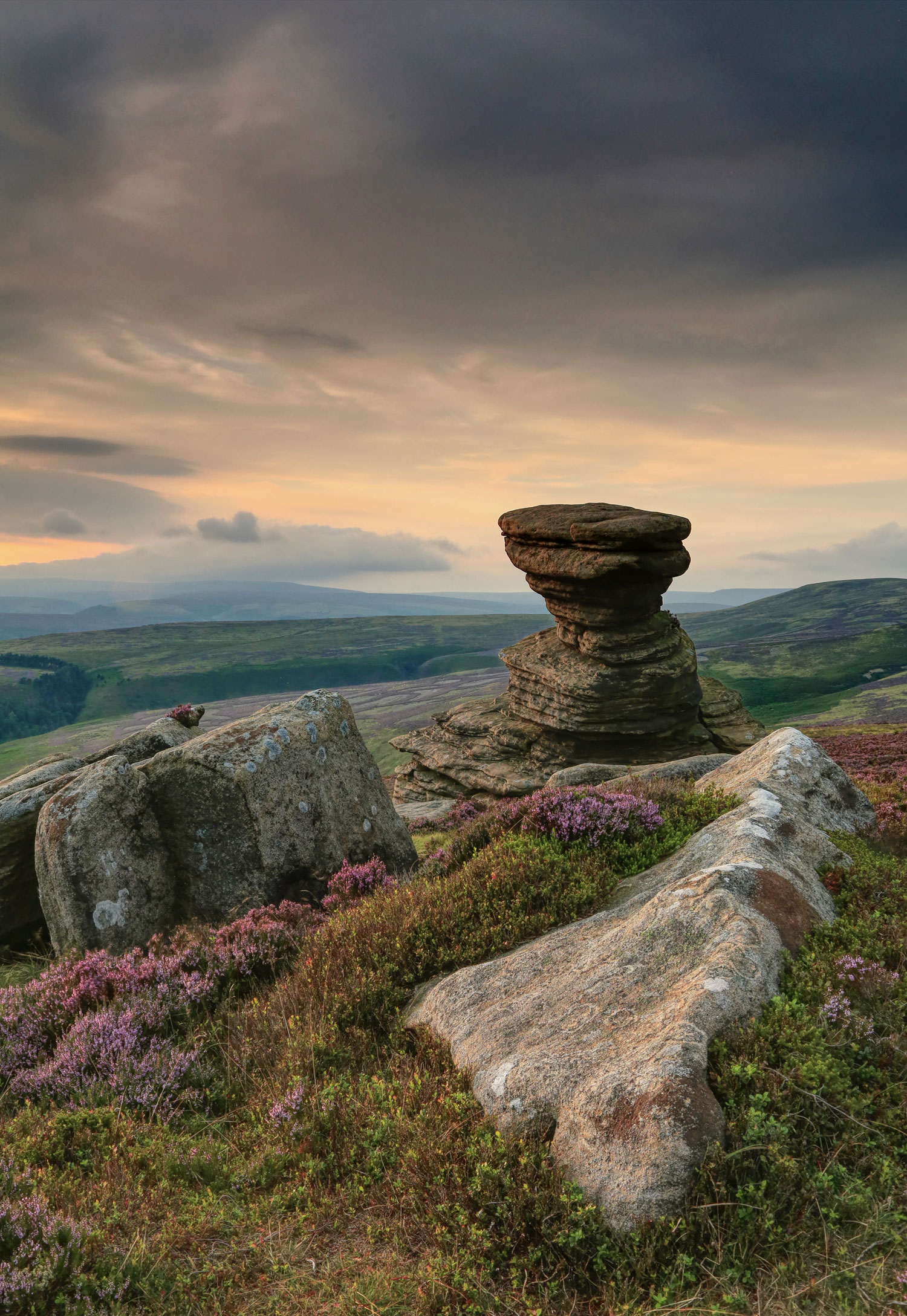
MPB: You recently made a switch in your setup—could tell us more about this?
CN: Sure, I’ve made a switch from the Canon EOS 5D Mark III to the Fujifilm X-T3. After the pandemic kicked off, I sadly received some damage to my Canon. So, it was time to look at alternative cameras anyway. I didn't want to rush into anything, so I spent nearly a year researching which camera would be the right one with my sight limitations. It's important to put a few factors together for picking the right camera for someone with sight loss or brain damage. Although I did suffer neurological memory loss as part of my injuries, my brain is a lot better these days. Therefore, my sight loss is the biggest hurdle.
I needed a camera with a decent eyepiece, as well as a large enough digital display for me to see the back of the screen. I was also aware of the benefits of focus peaking for someone with sight loss. A really huge game-changer. So, I needed a camera with that ability. I wanted something lightweight, but not too small, and I wanted something slightly different to my original camera.
However, that is not to say that I moved from Canon because I was against it. I just wanted something different, a little bit more modern and something slightly more helpful. After a few months of research, it was a choice between the Fujifilm XT-3 and a Canon EOS R5. I got the chance to use another friend's camera for a bit of testing, more specifically the Fujifilm X-T2. I'm very happy with the decision. The more I use this camera and learn how to use it correctly, both with a bit of hands-on and YouTube research, I am over the moon with the camera and look forward to many more adventures with this amazing and helpful camera.
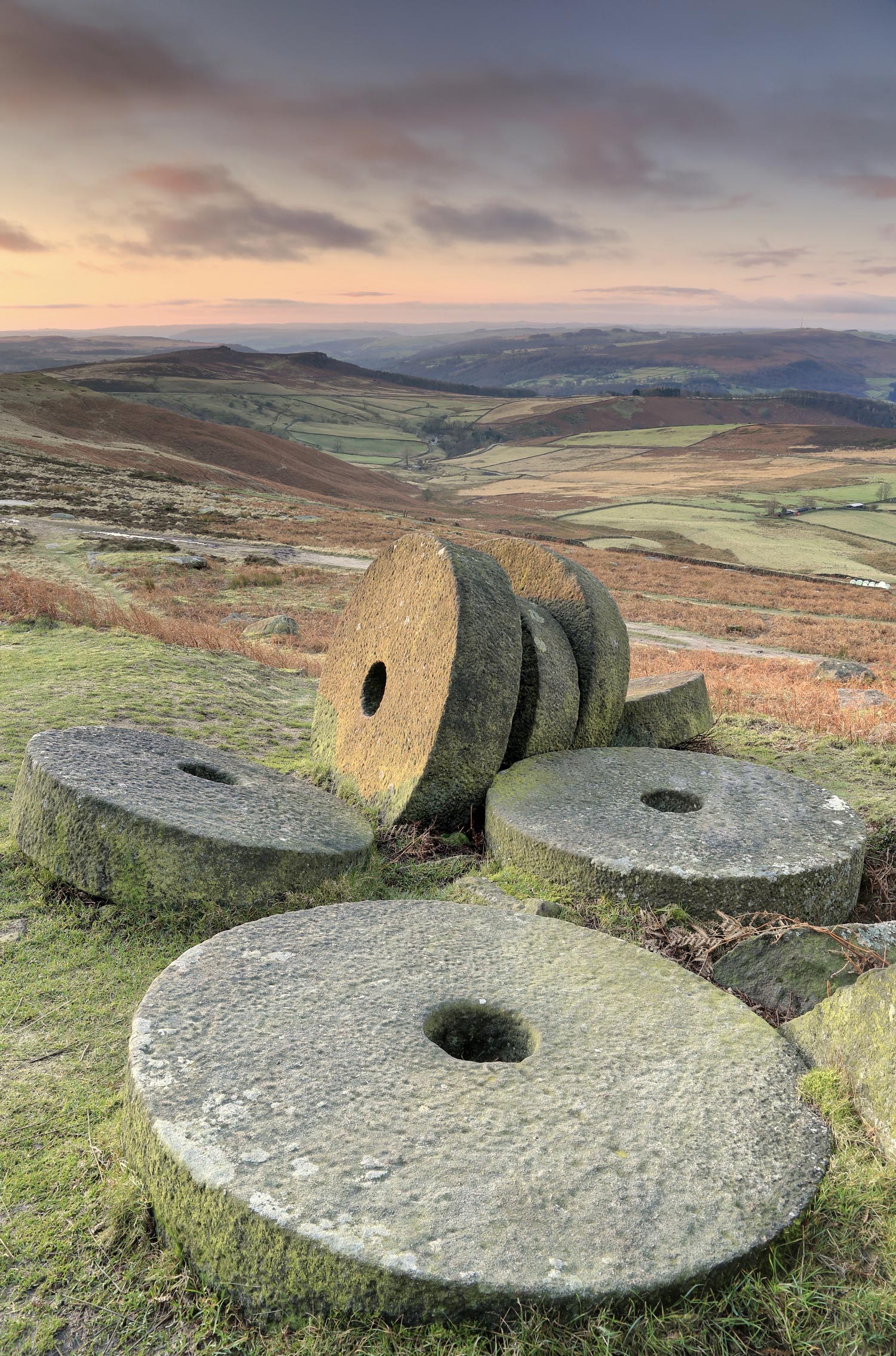
MPB: Are there any images or achievements you are particularly proud of from your creative journey?
CN: I am very proud of one of my images from last year at Northumberland, more specifically Bamburgh Castle. It was the first evening we arrived, and although we did a bit of location scouting in the morning, we returned again that evening and the beach was fairly quiet. The light was really pleasant and I was very happy with this fantastic nicely side-lit image of a pleasant classic British landmark.
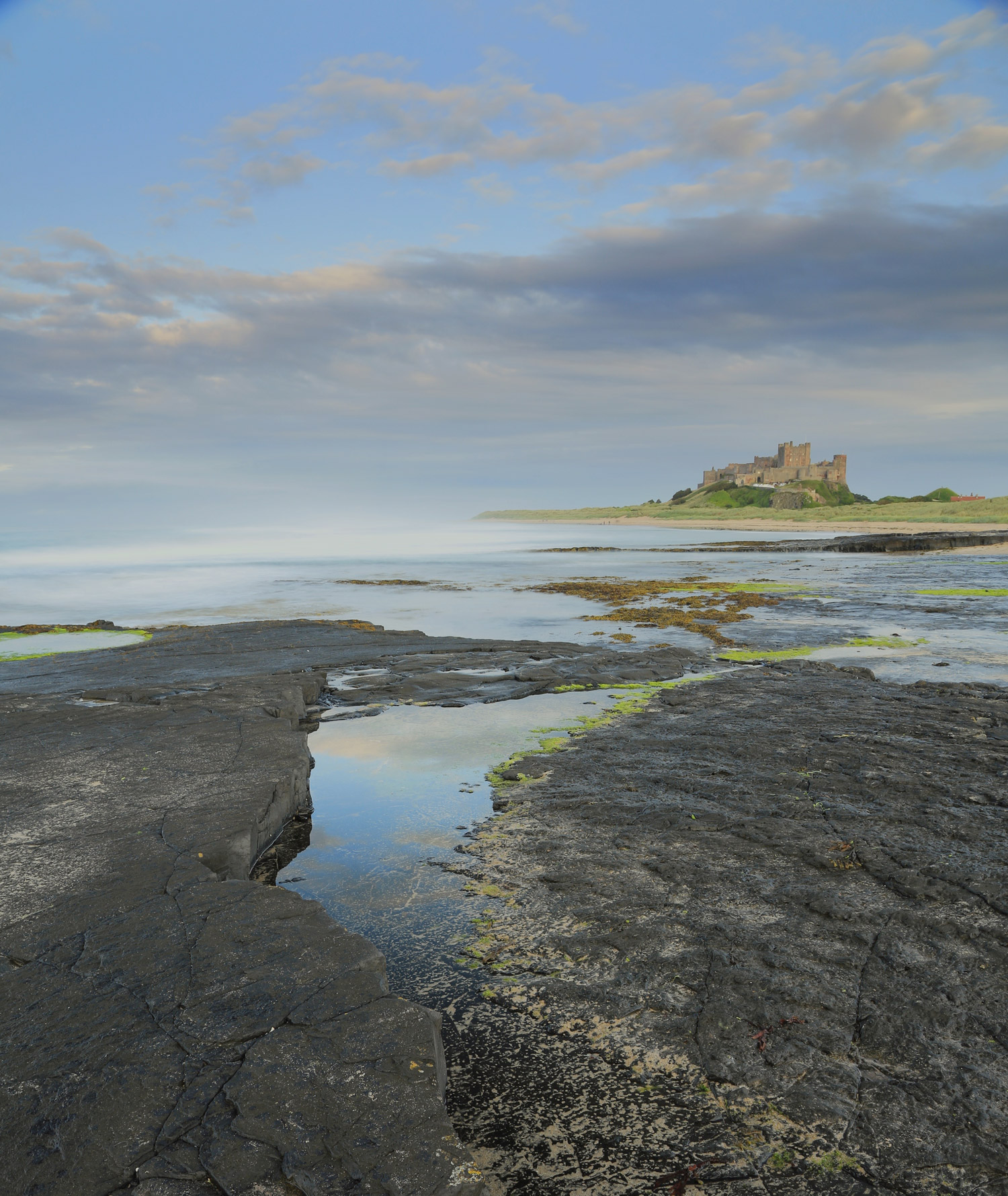
However, my first-ever favourite image was taken quite locally in my Dronfield area [East Midlands, England]. It was the first time I did all the research and location scouting, checking out the sidelight and sun position and working out exactly where I would want to be at the right time and after all this work I was quite happy with the image. Although there is a bit of lens flare and the composition isn't perfectly composed—due to the factors in the sun, which I tried to avoid these days—I was just happy with all the work and the outcome.
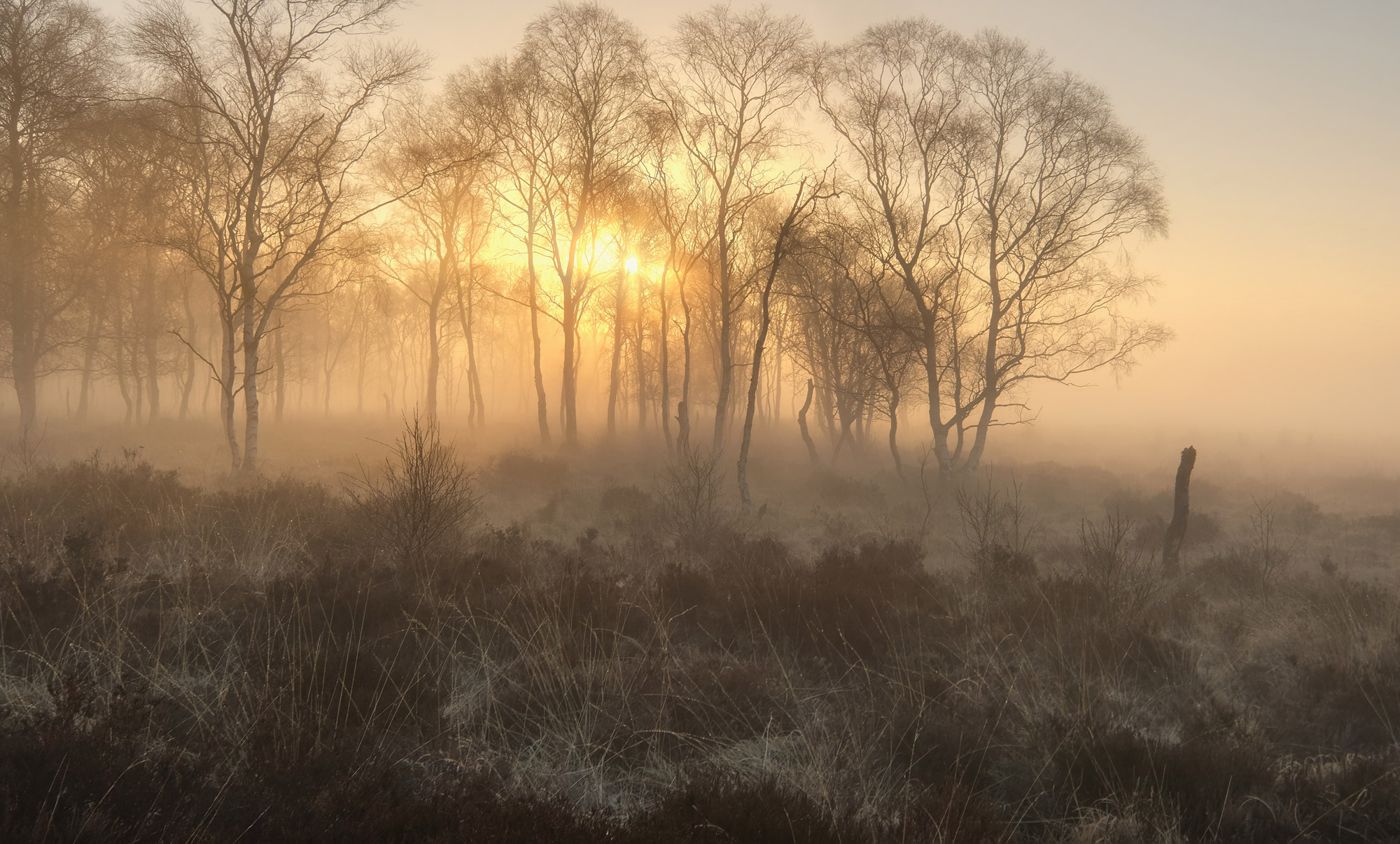
One of my achievements is becoming an ambassador of Vanguard Photo UK. I had a landscape photography trip to the Isle of Skye quite a long time ago. While I was there, I managed to break an expensive tripod. Vanguard was very kind and sent me a tripod—and I’ve stayed with them ever since. I proudly use Vanguard tripods throughout all my landscape photography needs. When they asked me to be an ambassador, that was one good proud moment. So, for me, that was a great achievement.
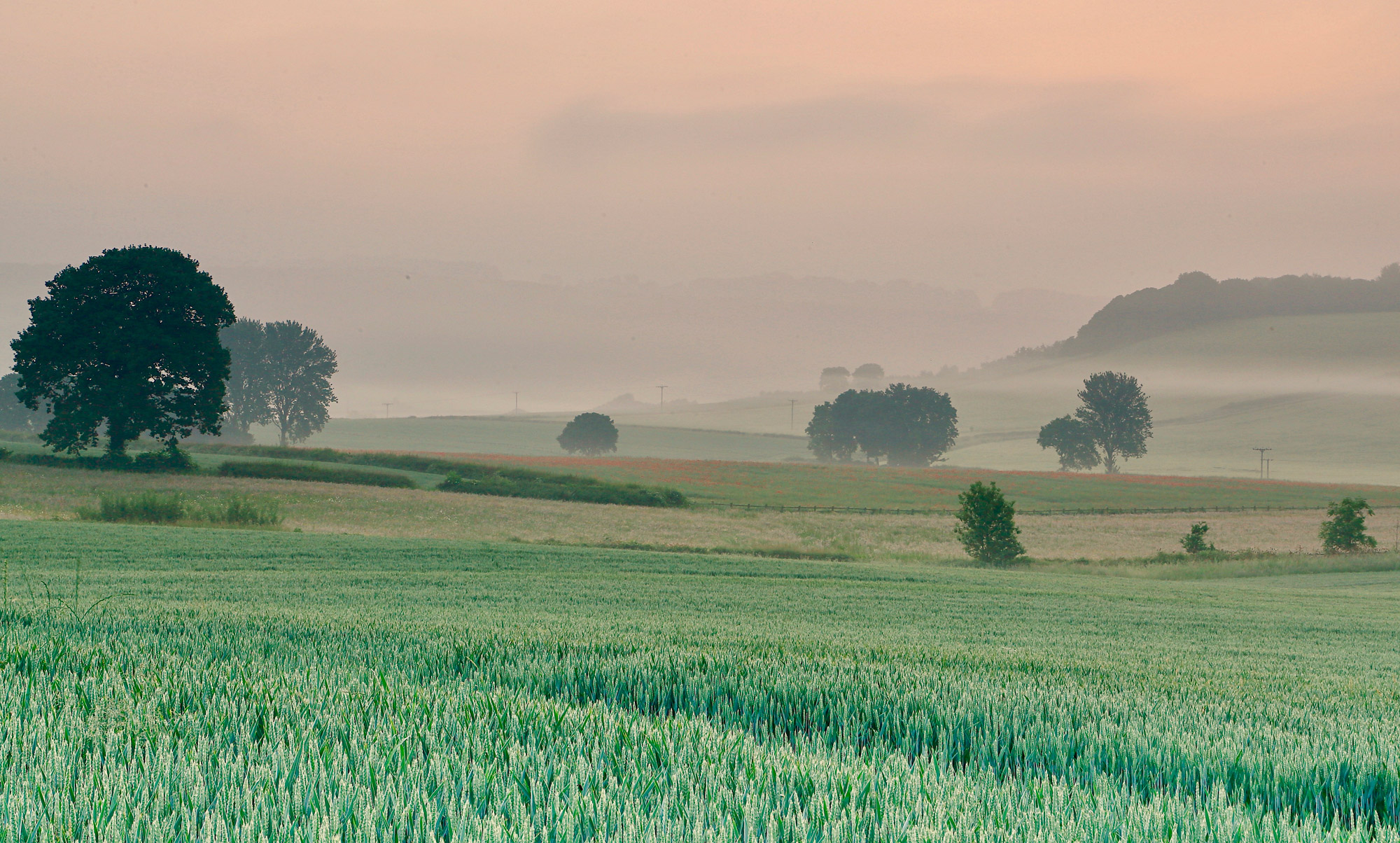
You can sell or trade your camera kit to MPB. Get a free instant quote, get free insured shipping to MPB and get paid within days.